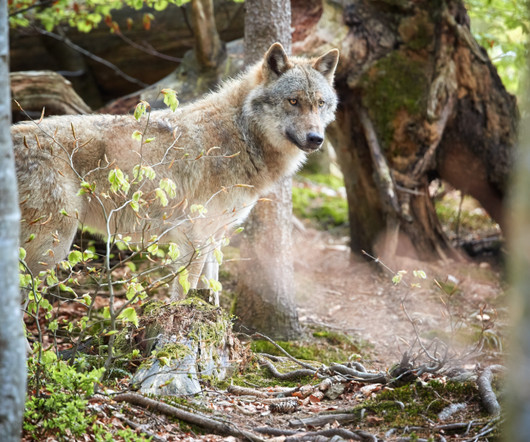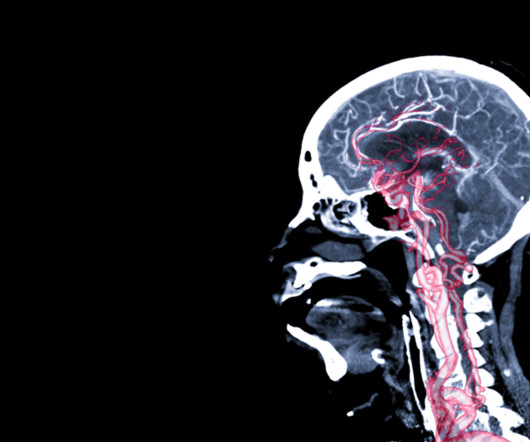7 Mind-Blowing Ways Smart Homes Use Data to Save Your Money
Smart Data Collective
JUNE 5, 2023
Big data technology is changing our lives in tremendous ways. One of the most significant changes has been the invention of smart homes. Market analysts expect that the market for smart homes will be $worth 581 billion by 2032. Think about this for a moment: what if your house could think for you? Better yet, what if it could think about you? Imagine a world where your home understands your habits, preferences, and even your routine, then uses this information to cut costs and save you money.


















Let's personalize your content